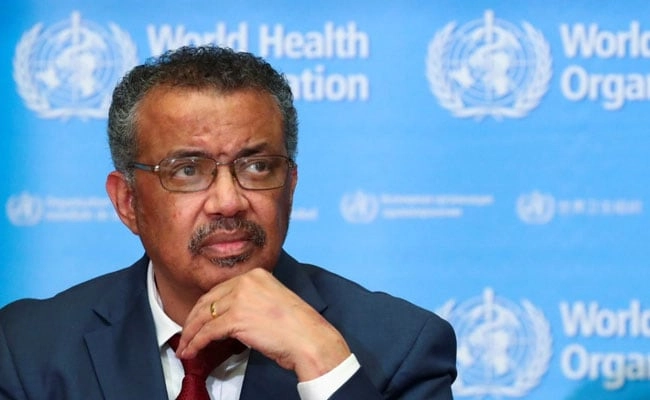The World Health Organization (WHO) has recently issued a stark warning regarding the inevitability of future pandemics. Dr. Tedros Adhanom Ghebreyesus, the organization’s Director-General, emphasized that another outbreak could occur as soon as tomorrow, underscoring the need for heightened global preparedness. This assertion is not merely speculative; it reflects a growing consensus among health experts that the world must remain vigilant in the face of emerging infectious diseases. The lessons learned from the COVID-19 pandemic have highlighted significant gaps in public health infrastructure, surveillance systems, and international cooperation that must be addressed to mitigate the risks associated with future health crises.
Dr. Tedros pointed out that pandemics do not adhere to a predictable schedule, and the emergence of zoonotic diseases—those that jump from animals to humans—poses a constant threat. Factors such as climate change, urbanization, and increased interaction between humans and wildlife have created an environment ripe for the spread of infectious diseases. Consequently, the WHO is advocating for a comprehensive approach that includes strengthening health systems, investing in research and development, and ensuring equitable access to vaccines and treatments across the globe. These measures are crucial for bolstering the world’s defenses against potential outbreaks.
Furthermore, the WHO emphasizes the importance of international collaboration in the face of global health threats. Countries must work together to share information, resources, and best practices to respond effectively to emerging infectious diseases. This collaboration extends beyond national borders, as viruses can spread rapidly in our interconnected world. The Director-General’s remarks serve as a clarion call for governments, health organizations, and communities to invest in preparedness, ensuring that we are better equipped to face the next pandemic when it inevitably arises. By fostering a culture of vigilance and cooperation, we can mitigate the impact of future health threats and safeguard public health worldwide.




